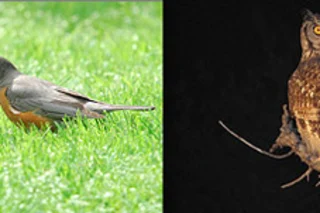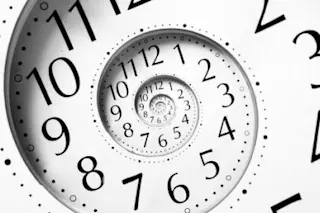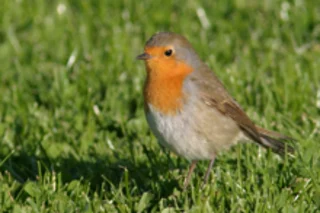Researchers have found fundamental differences between the brains of people who prefer to rise and greet the dawn each day, and those who don't mind seeing a sunrise, but only if it's at the end of a long night. A new study used brain scans and alertness tests to probe the brains of early birds and night owls, and found that
people tend to favor mornings or nights based at least in part on how they react to a kind of competition in the brain [National Geographic News].
Two factors control our bedtime. The first is hardwired: A master clock in the brain regulates a so-called circadian rhythm, which synchronizes activity patterns to the 24-hour day. Some people's clocks tell them to go to bed at 9 p.m., others' at 3 a.m.... The second factor--called sleep pressure--depends not on time of day but simply on how long someone has been ...









